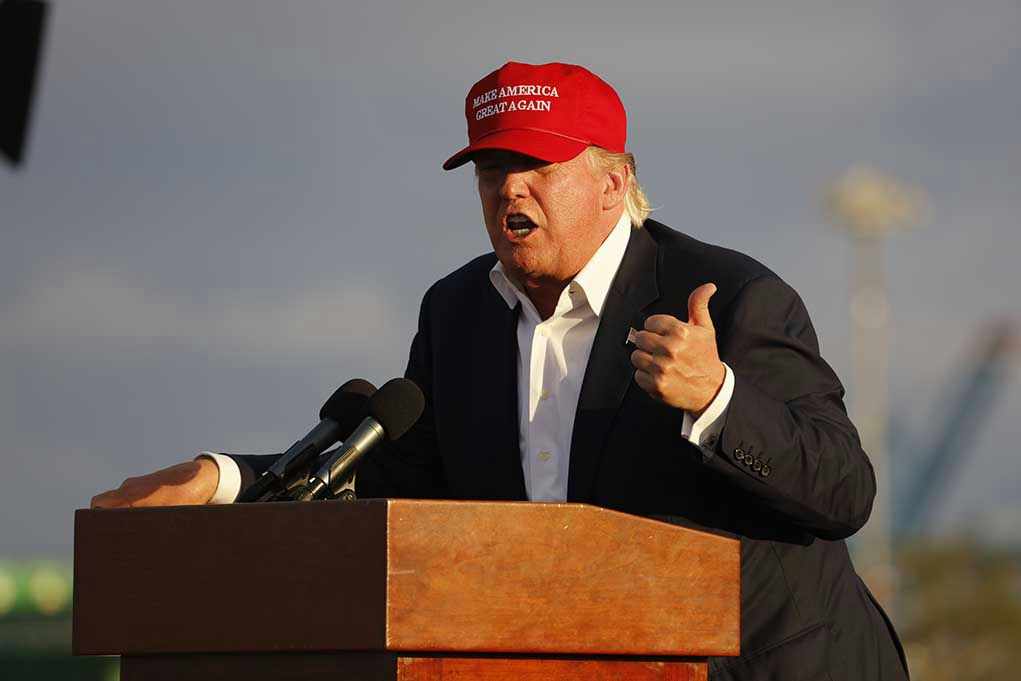
Trump has abruptly ended all diplomatic talks with Venezuela and authorized lethal military strikes against cartels based on a classified Justice Department opinion that redefines the rules of engagement in America’s backyard.
Story Snapshot
- Trump halted diplomatic outreach led by envoy Richard Grenell following a classified DOJ opinion authorizing lethal strikes
- Four U.S. military operations have already targeted alleged narco-terrorists near Venezuela since early October
- Pentagon has developed proposals for direct strikes inside Venezuelan territory under consideration
- Attorney General Pam Bondi will testify on Capitol Hill about the legal justification for expanded military action
- Defense Department lawyers raise concerns about the legality of targeting traffickers as “unlawful combatants”
Diplomacy Dies in the Caribbean
Richard Grenell spent September advocating for diplomatic solutions at CPAC, declaring “I believe in diplomacy. I believe in avoiding war.” By early October, Trump had pulled the plug on those efforts entirely. The President instructed his envoy to cease all outreach to Venezuelan President Nicolás Maduro, marking a decisive shift from negotiation to potential military confrontation. This dramatic reversal signals Trump’s impatience with traditional diplomatic channels when dealing with what his administration views as imminent threats to American security.
The timing coincides with a classified Justice Department Office of Legal Counsel opinion that expands the authority to use lethal force against cartels and suspected traffickers. This legal framework treats drug trafficking organizations as “unlawful combatants” rather than mere criminals, fundamentally changing how the United States can engage these groups militarily.
Military Action Escalates in Real Time
Defense Secretary Pete Hegseth wasted no time implementing the new approach. On October 3, he announced a U.S. strike near Venezuela that killed four alleged “narco-terrorists,” declaring “These strikes will continue until the attacks on the American people are over!!!!” The operation represents just one of at least four military actions targeting traffickers in the Caribbean region since the policy shift began.
The Pentagon has gone further, developing specific proposals for direct military strikes inside Venezuelan territory. These plans remain under Trump’s consideration, raising the specter of the first direct U.S. military action on Venezuelan soil. Such operations would represent a massive escalation from the current strikes in international waters and could trigger a broader regional conflict.
Legal Questions Mount Over Strike Authority
The classified OLC opinion serves as the legal foundation for this expanded military engagement, but it has generated significant concern within the defense establishment. Defense Department lawyers and judge advocate generals have raised questions about the legality of treating cartel members as “unlawful combatants” subject to military action rather than law enforcement.
Attorney General Pam Bondi faces congressional testimony that will likely scrutinize the scope and precedent of this legal framework. The opinion appears to authorize operations against groups not officially designated as terrorist organizations, potentially setting a new standard for military engagement with criminal enterprises that threaten U.S. interests.
Venezuela Braces for Potential Escalation
Maduro’s regime now faces the prospect of direct U.S. military action within its borders, a scenario that could destabilize the entire region. The Venezuelan government has long been accused by Washington of facilitating narcotics flows through the Caribbean, making it a prime target under the new legal framework. The shift from diplomatic pressure and sanctions to potential military strikes represents the most aggressive U.S. posture toward Venezuela in decades.
The broader implications extend beyond bilateral relations. Regional neighbors watch nervously as the United States signals its willingness to use military force against what it defines as imminent threats from non-state actors. This approach could establish a precedent for similar operations throughout Latin America, fundamentally altering the security landscape and potentially undermining diplomatic solutions to complex regional challenges.
Sources:
Trump Ends Venezuela Talks; Military Options Loom, New Report Finds




